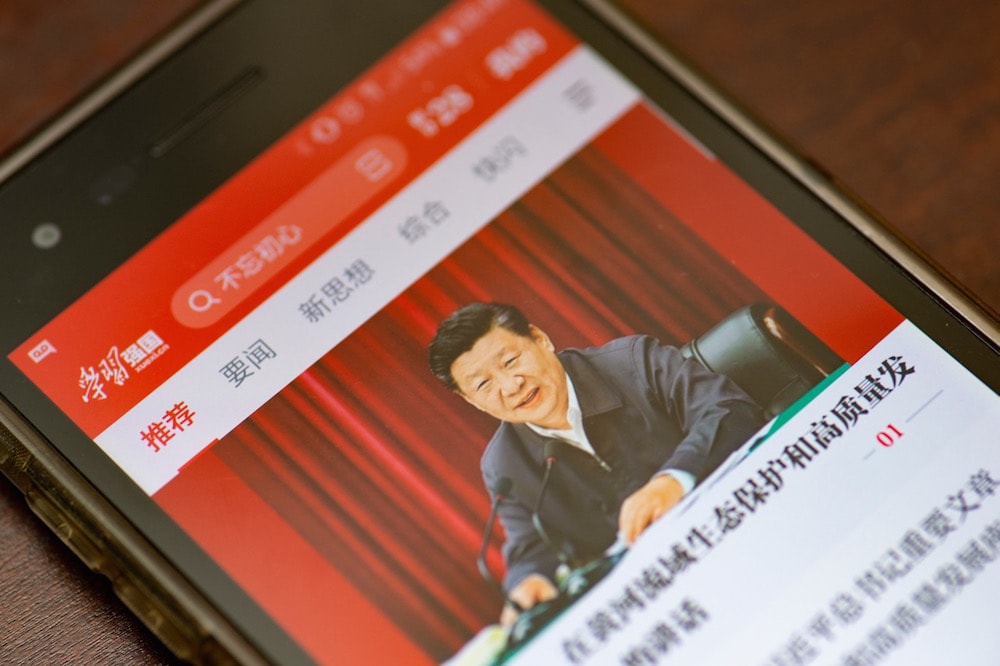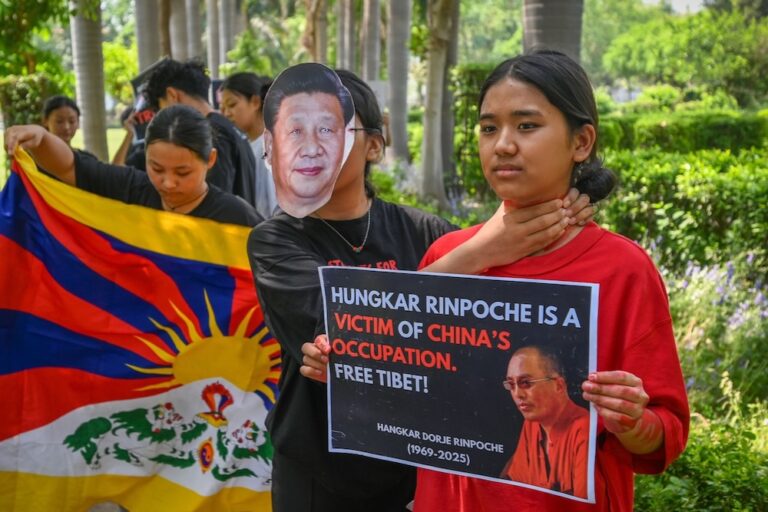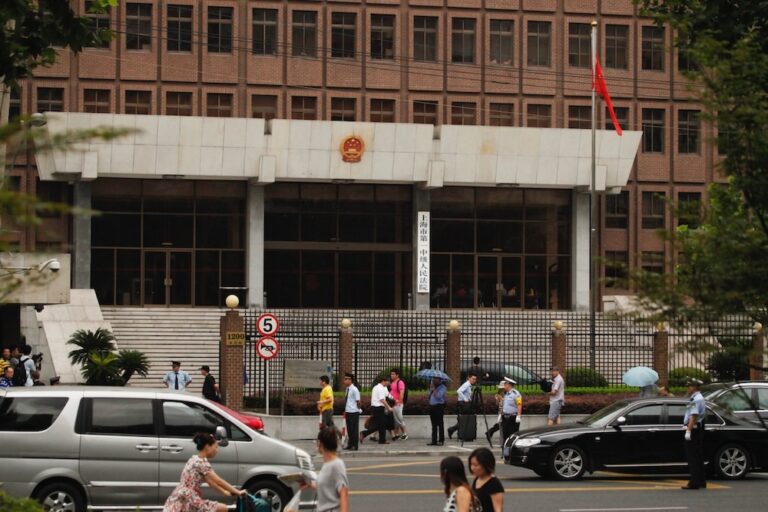Reporters Without Borders (RSF) has compiled data showing how internet censorship has intensified in China under the leadership of President Xi Jinping.
This statement was originally published on rsf.org on 12 March 2021.
To mark World Day Against Cyber Censorship on March 12, Reporters Without Borders (RSF) unveils figures showing that China is reaching unprecedented levels of cybercensorship.
The Cyberspace Administration of China (CAC), an entity personally supervised by President Xi Jinping, has in recent years deployed a wide range of measures directly targeting China’s 989 million internet users. With an army of censors and the use of new technology, the regime controls the circulation of information by shutting down websites, blocking access to IP addresses, filtering web pages, and blocking keywords on social media. Such technologies were widely used by the regime to crack down on criticism after the Covid-19 outbreak last year. The data compiled by RSF confirms that, since his accession in 2013, President Xi Jinping has taken internet censorship in China to unprecedented levels.
- According to the China Internet Network Information Center, the regime’s administrative agency responsible for internet affairs, there were 989 million internet users in China at the end of 2020, accounting for 22% of all global netizens.
- American think tank the Jamestown Foundation estimated that in 2020 nationwide spending on internet censorship in China reached at least 6.6 billion USD .
- Official sources showed that China’s internet censorship apparatus employed 2 million people in 2013. This number has almost certainly increased over the last 8 years.
- According to information from GreatFire, a China-focused censorship monitoring organization, 16% of Alexa Top 1000 domains are currently blocked in China.
- The CAC revealed that between January and September 2020 there were nearly 130,000 social media accounts and more than 12,000 websites shut by the government.
- Canadian research institute Citizen Lab’s analysis from August 2020 found that more than 2,000 keywords related to COVID-19 triggered censorship on WeChat. WeChat is the leading social media site in China, with 73% of all Chinese netizens using the site according to a survey made by TradingPlatforms.
- Leaked documents published by The New York Times and ProPublica revealed that at least 3,200 confidential directives and 1,800 memos were issued to local propaganda workers and news outlets by the CAC in order to hide the extent of Covid-19 outbreak in its early stages.
China ranked 177th out of 180 in the RSF World Press Freedom Index and is the world’s largest captor of journalists with at least 118 detained, often in life-threatening conditions.



